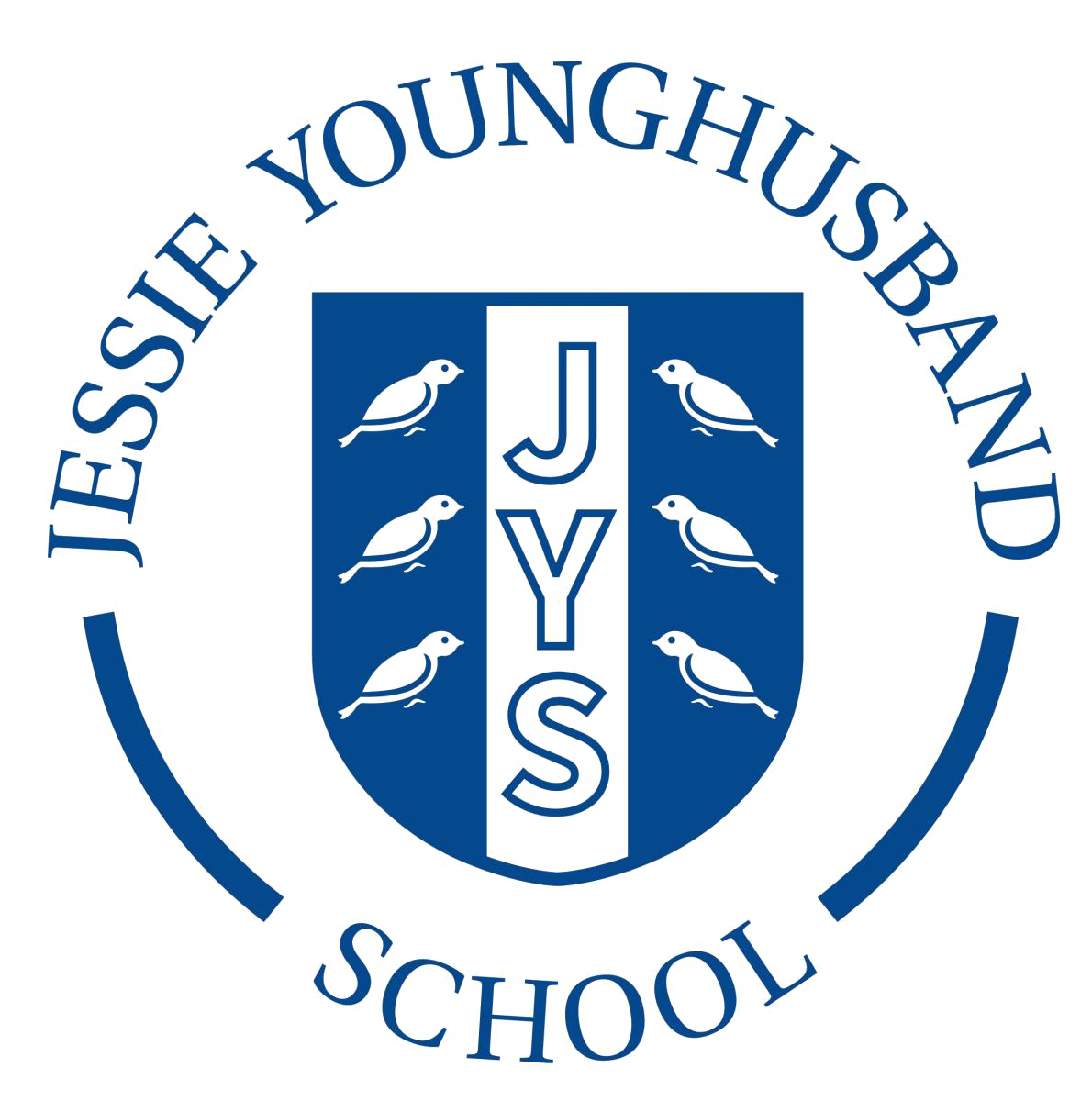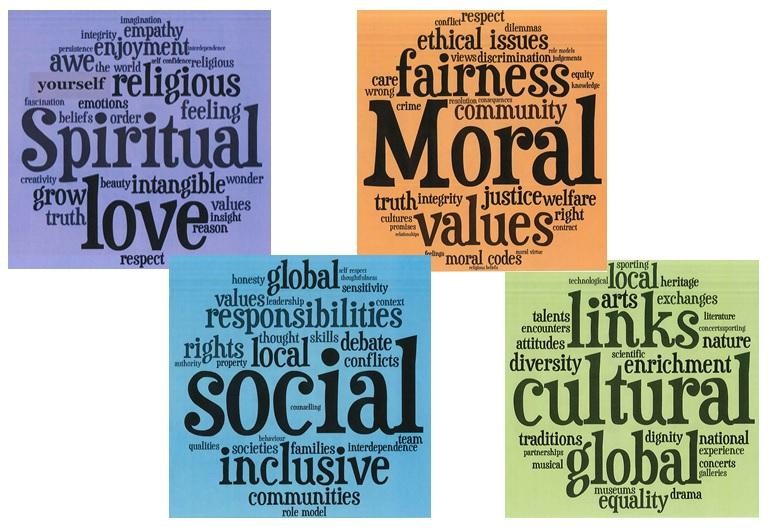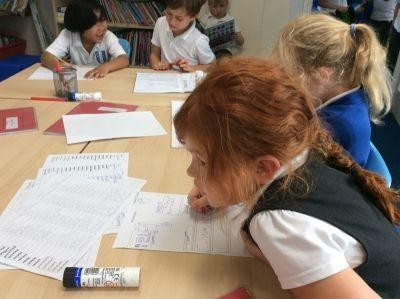What is SMSC?
SMSC stands for spiritual, moral, social and cultural development.
At Jessie Younghusband School, we believe that the personal development of pupils – spiritually, morally, socially and culturally – is fundamental in enabling them to learn and achieve to their very best.
Our school values of
Aspire ~ Respect ~ Enjoy
are at the heart of all that we do at JYS. We promote high standards of personal behaviour and a positive, caring attitude towards other people. We encourage pupils to explore their own values and beliefs and to develop their spiritual awareness. Learning opportunities help pupils to deepen their understanding of their social and cultural traditions and to develop their appreciation of the diversity and richness of cultures.
As well as being a fundamental part of our school values and ethos, SMSC, including British Values, is promoted through the curriculum, equipping our pupils with the skills to become valued members of society who understand how to treat others with respect and tolerance, regardless of background.
Please click below to see further details of how the different strands of SMSC are promoted through learning and teaching at JYS.
* * *
The definitions of the different strands are based on those given in the Ofsted School Inspection Handbook - November 2019:
The spiritual development of pupils is shown by their:
- ability to be reflective about their own beliefs (religious or otherwise) and perspective on life;
- knowledge of, and respect for, different people’s faiths, feelings and values;
- sense of enjoyment and fascination in learning about themselves, others and the world around them;
- use of imagination and creativity in their learning;
- willingness to reflect on their experiences.
The moral development of pupils is shown by their:
- ability to recognise the difference between right and wrong and to readily apply this understanding in their own lives, recognise legal boundaries and, in so doing, respect the civil and criminal law of England;
- understanding of the consequences of their behaviour and actions;
- interest in investigating and offering reasoned views about moral and ethical issues and ability to understand and appreciate the viewpoints of others on these issues.
The social development of pupils is shown by their:
- use of a range of social skills in different contexts, for example working and socialising with other pupils, including those from different religious, ethnic and socio-economic backgrounds;
- willingness to participate in a variety of communities and social settings, including by volunteering, cooperating well with others and being able to resolve conflicts effectively;
- acceptance and engagement with the fundamental British values of democracy, the rule of law, individual liberty and mutual respect and tolerance of those with different faiths and beliefs; they develop and demonstrate skills and attitudes that will allow them to participate fully in and contribute positively to life in modern Britain.
The cultural development of pupils is shown by their:
- understanding and appreciation of the wide range of cultural influences that have shaped their own heritage and that of others;
- understanding and appreciation of the range of different cultures in the school and further afield as an essential element of their preparation for life in modern Britain;
- ability to recognise, and value, the things we share in common across
cultural, religious, ethnic and socio-economic communities; - knowledge of Britain’s democratic parliamentary system and its central role in shaping our history and values, and in continuing to develop Britain;
- willingness to participate in and respond positively to artistic, musical, sporting and cultural opportunities;
- interest in exploring, improving understanding of and showing respect for different faiths and cultural diversity and the extent to which they understand, accept and respect diversity. This is shown by their respect and attitudes towards different religious, ethnic and socio-economic groups in the local, national and global communities.
Spiritual, Moral, Social and Cultural (SMSC) development is the over-arching umbrella that encompasses personal development across the whole curriculum.
- Inspectors will evaluate the effectiveness of the school’s provision for pupils’ spiritual, moral, social and cultural education. This is a broad concept that can be seen across the school’s activities, but draws together many of the areas covered by the personal development judgement;
- Before making the final judgement on overall effectiveness, inspectors will always consider the spiritual, moral, social and cultural development of pupils at the school, and evaluate the extent to which the school’s education provision meets different pupils’ needs, including pupils with SEND.
Ofsted continue to put SMSC ‘at the heart’ of school development. It requires schools to think about the kind of people we aspire to be, the kind of world we aspire to create, and the kind of education we aspire to provide.


